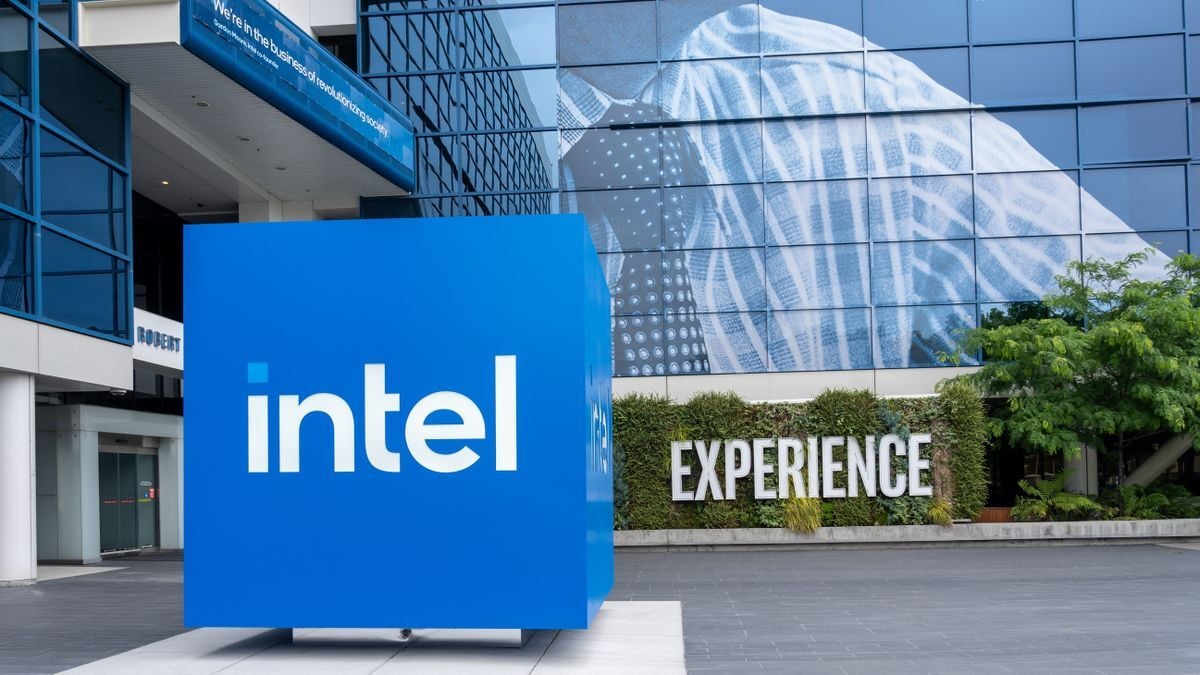- cross-posted to:
- linustechtips@lemmit.online
- technology@lemmit.online
- cross-posted to:
- linustechtips@lemmit.online
- technology@lemmit.online
Intel’s stock dropped around 30% overnight, shaving some $39 billion from the company’s market capitalization since rumors of a pending layoff first emerged. The devastating results come after the chip giant reported a loss for the second quarter, complained about yield issues with the Meteor Lake CPU, provided a modest business outlook for the next few quarters, and announced plans to lay off 15,000 people worldwide.
When the NYSE closed on July 31, Intel’s market capitalization was $130.86 billion. Then, a report about Intel’s massive layoffs was published, and the company’s market capitalization dropped sharply to $123.96 billion on August 1. Following Intel’s financial report yesterday, the company’s capitalization dropped to $91.86 billion. Essentially, Intel has lost half of its capitalization since January. As of now, Intel’s market value is a fraction of Nvidia’s worth and less than half of AMD’s.
As Intel’s actions look rather desperate, analysts believe that Intel’s challenges are existential. “Intel’s issues are now approaching the existential,” Stacy Rasgon, an analyst with Bernstein, told Reuters.



Check out 3D stacked ram for example. Moores law isn’t about some size measure.
And now I have to eat another snickers…
It’s literally defined as the number of transistors doubling in a chip. It doesn’t at all mention the size or density.
https://en.m.wikipedia.org/wiki/Moore's_law
Well yes exactly.
Edit: you just showed the law is still alive and kicking:
Fair enough.
Though if density is irrelevant then the entire thing is meaningless.
Should instead be talking about how large of a silicon wafer can be produced.
Or something like CPU power per dollar, but that’s just me.